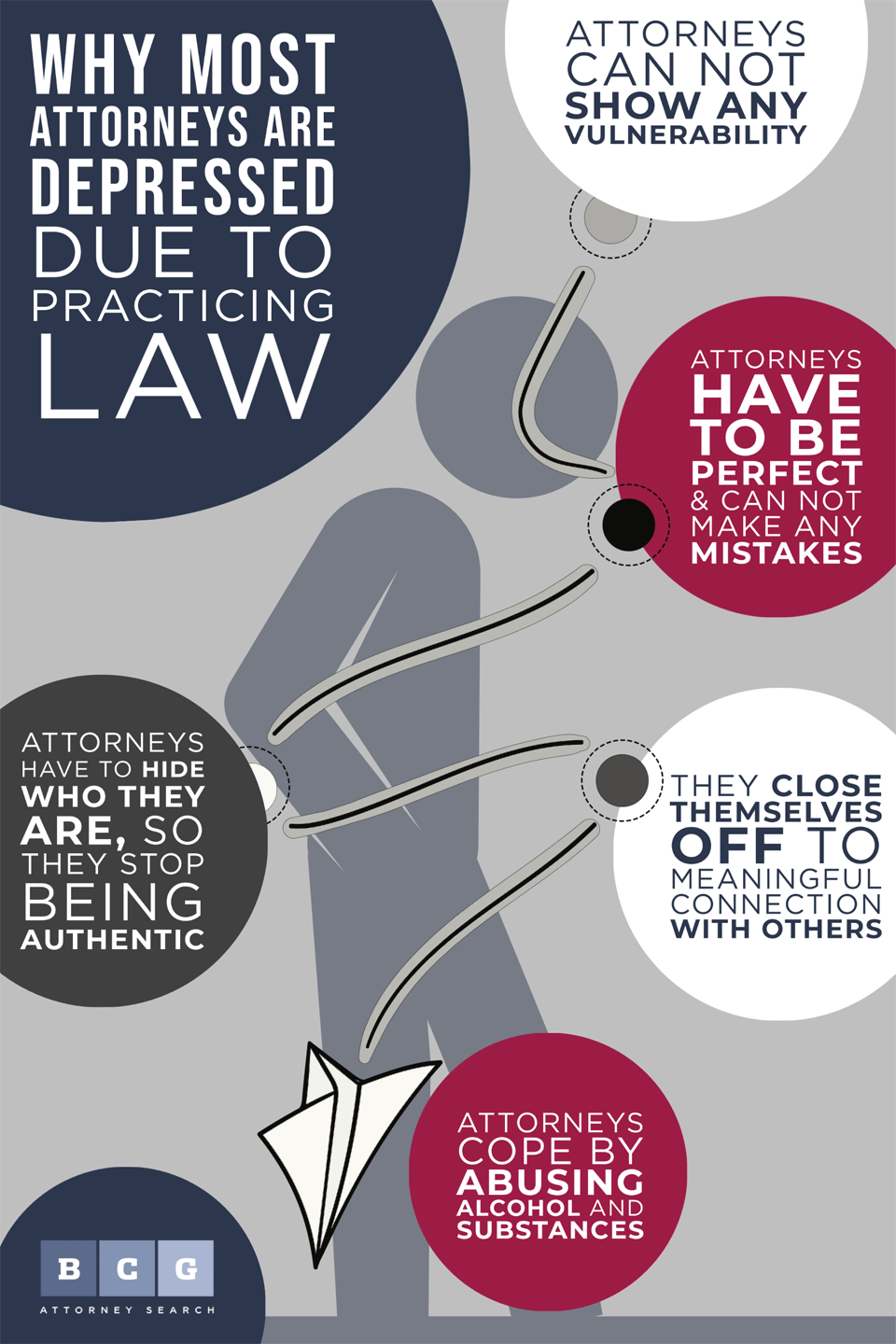

|
|
|
Right now I am working with some attorneys who are looking for jobs for very strange reasons.
- One attorney slept in after working most of the night and was 20 minutes late for a meeting with a client.
- Another attorney discovered that they are disliked by a colleague at their 1,500+ attorney firm.
- Another got too tipsy at a party and was flirtatious with someone.
- In another case, the problem was that someone in the attorney’s firm found out too many personal details about the attorney’s life.
Basically, as these examples illustrate, many attorneys start looking for jobs simply because they are guilty of being human. Who cares if someone does not like you? Who cares if you like someone? Who cares if someone found out about your personal life at work? Who cares if you were 20 minutes late for a meeting after staying up all night?
Other lawyers care—that is who cares—and it can lead to unhappy lawyers. This article is about how one fundamental requirement of being a lawyer (not showing any vulnerability), and the way that many attorneys deal with that requirement (adopting personas of infallibility), can cause attorneys to become stressed and disconnected, which leads to attorney depression experienced by so many today.

One of the major problems you will have if you are an attorney at a large law firm is that you will not be allowed to be human, or to show much weakness at all which can make lawyers unhappy. And while it is a huge problem to show any sort of weakness when you are employed somewhere, God help you if you show any weakness while you are looking for a job. Attorneys who show weakness during job searches have an incredibly hard time finding new positions, which contributes to attorney depression.





